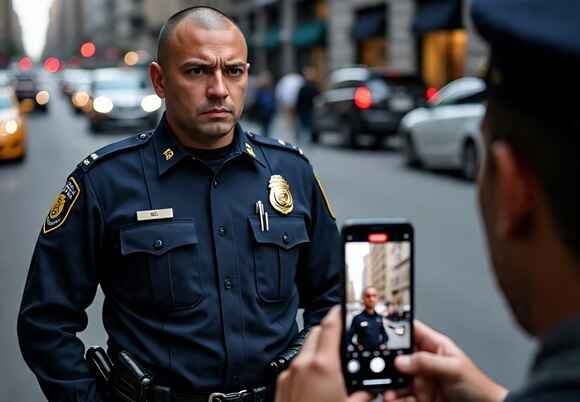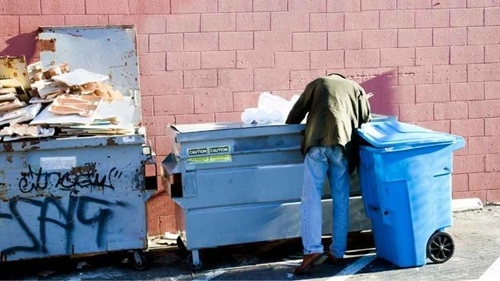No, it is generally not illegal to film a police officer in the United States, as long as you adhere to certain legal guidelines and do not interfere with law enforcement duties. The right to record public officials, including police officers, performing their duties in public spaces is protected under the First Amendment of the U.S. Constitution. However, the specifics of the law can vary by state and situation.
The Right to Film Public Officials
Federal courts have consistently affirmed that the First Amendment protects the right of citizens to film public officials, including police officers, in public spaces. This protection is rooted in the principle of holding public officials accountable and ensuring transparency in government functions. Filming police interactions has played a pivotal role in exposing cases of misconduct and fostering accountability.
However, this right is not unlimited. Courts have acknowledged that filming must not disrupt police activities, endanger public safety, or infringe upon other legal rights.

Understanding State Laws on Recording
While federal law protects your right to film police officers, state laws can impose additional restrictions. These restrictions often stem from wiretapping or eavesdropping statutes.
- Public Spaces: Filming police officers in public spaces is generally protected. Public areas like streets, parks, and sidewalks are considered open forums where individuals can record without violating privacy laws.
- One-Party Consent States: In most states, only one party involved in a conversation needs to consent to recording. This means you can film your own interactions with police officers without violating the law.
- All-Party Consent States: In a minority of states, such as California, Illinois, and Florida, all parties must consent to a recording. However, courts have clarified that these laws often do not apply to police officers performing their duties in public, as there is no expectation of privacy in these circumstances.
Recent Legal Developments
The legal framework surrounding the right to film police officers has evolved significantly in recent years. Key updates include:
- 2023 Federal Rulings: The Ninth Circuit Court of Appeals upheld the public’s right to film police officers as long as it does not interfere with law enforcement duties. This decision reinforced existing legal protections and clarified that public accountability outweighs privacy concerns for on-duty officers.
- State Legislation: Some states, such as Colorado and New York, have introduced laws explicitly protecting the right to film police officers. These laws also impose penalties on officers who attempt to unlawfully stop individuals from recording.
Guidelines for Filming Police Officers
To ensure your actions remain legal and do not escalate tensions, consider the following:
- Do Not Interfere: Stay at a reasonable distance and avoid obstructing police activities. Interfering with an investigation can result in criminal charges.
- Public Safety: Ensure your filming does not pose a safety risk to others or escalate the situation.
- Know Your Rights: If asked to stop filming or hand over your phone, calmly assert your rights. Police cannot seize your phone without a warrant, except under specific exigent circumstances.
- Maintain Respect: Be respectful and non-confrontational to avoid unnecessary escalation.
Consequences of Violating Laws
If your filming violates state laws or interferes with police duties, you could face criminal charges such as obstruction of justice or eavesdropping. Additionally, evidence obtained through illegal filming may not be admissible in court.
FAQs
Q1. Can I film a police officer in a private space?
Ans: Filming in private spaces may require the consent of all parties involved, depending on state laws. However, if the space is open to the public and the officer is performing public duties, filming is generally allowed.
Q2. Can police officers order me to stop filming?
Ans: Police cannot legally order you to stop filming unless your actions interfere with their duties. However, if they believe you are obstructing their work, they may attempt to stop you.
Q3. What should I do if my phone is confiscated by police?
Ans: Police can only confiscate your phone under specific circumstances, such as obtaining a warrant or during an arrest. If your phone is confiscated, request legal representation and document the incident as thoroughly as possible.
Q4. Is live streaming police interactions allowed?
Ans: Yes, live streaming is generally permitted under the same protections as filming. However, ensure it does not interfere with law enforcement duties.
Q5. Can I film other people’s interactions with police?
Ans: Yes, as long as you are in a public space and do not interfere with the situation. It is important to maintain a safe distance.

